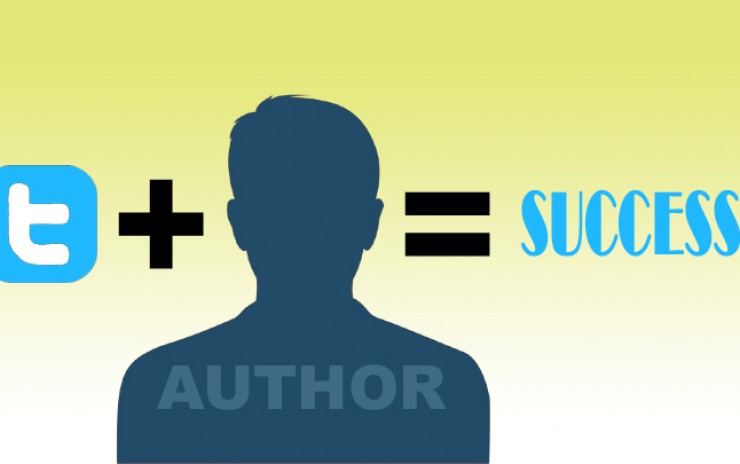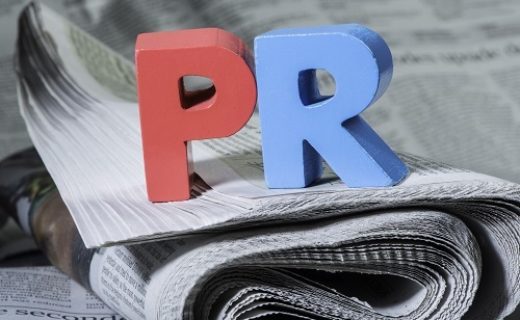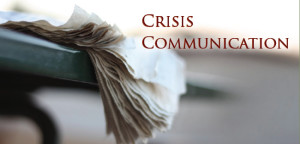Working with authors, I find great excitement about doing a social media campaign as part of their overall publicity plan. They all get excited about Facebook and say how many of their friends have Facebook pages. It is when I mention Twitter, that I often get hesitations and concerns. Yet Twitter is one of the social media platforms for authors.
On Twitter, you’ll find people breaking news before it’s reported anywhere else, journalists looking for interview sources, endless articles to read, and conversations happening between everyone from your neighbor to James Patterson. Twitter is a place to connect and discover. Yet despite this, authors give numerous reasons for concern about Twitter.
1. I just don’t get it.
I always explain Twitter this way: think of it as a giant phone book that allows you to send 140-character text messages to any of the 500 million users who are on Twitter. The point of Twitter is not to just yell and hope people hear you, but to find people to have conversations with. You can search users by keywords to find your targeted audience, use hashtags to join in ongoing conversations or scheduled chats, and follow other key influencers in your area. You should be reading others’ tweets more often than you write your own.
Join Twitter six months to a year before your book launches so you have a chance to just lurk and get comfortable with Twitter and build up your followers. If you’re just logging into to Twitter for 30 seconds, writing something about your book, then logging off, you’re missing the whole point. Join the conversation.
To get started, the profile set-up is one of the simplest of any social media platform. You just need to determine: a 15-character maximum Twitter handle (that’s what your public username is called), your name (you should know that one), your city and state, your website (you have one, right?), and a 160-character bio. You’ll do a teeny bit more work uploading your profile photo, header (usually a nice scenic photo works here) and background image. You can find someone to design the images or there are plenty of stock sites with decent backgrounds (I found one here).
2. I don’t have time for Twitter
I have to admit this is a tough one when authors raise it. The wonder of Twitter is that it comes in short bursts. I prefer to use Twitter on my smartphone, because it offers a compact, easy-to-manage view, and I can reply to things quickly as they come up. I don’t think enough people utilize Twitter lists to keep track of the people they truly want to pay attention to, connect with, or have an impact on. Lists can help you sort Twitter into a manageable piece of your day.
3. People don’t care what I ate for lunch.
The life of a writer is a charmed one. People want to know where you wrote your book, what techniques you employed to stay disciplined, and, yes, what drove you during the process. In addition to the serial cereal conversations, you’ll find plenty of animal lovers on Twitter sharing pictures of their pets. Everyone on Twitter knows that Neil Gaiman has two white German Shepherds. Don’t discount the details.
4. I like to keep my life private.
This is understandable and I wouldn’t argue with an author who is dealing with a highly sensitive or controversial topic. But part of the reality of being an author in today’s marketplace is that you need to be visible online for your book to be found. If privacy is a concern, work up a set of personal guidelines for when and what you will not tweet: pictures of your family, details that would indicate your location, or any indicators of your personal finances. You’ll still find plenty of valuable, professional conversations to have, while keeping personal details to a minimum.
5. I’m not funny enough.
Whether you are a stand-up comic or a hermit, everyone has their own unique personality—the point being that you have one. While announcing events or sharing book news may feel a bit boring, you can always find a way to infuse a little personality into your tweets.
For authors, Twitter offers an unmatched way to discover and connect with their audience. It allows readers to feel that they are interacting with the author in a personal way. It creates an experience in a way other social media platforms don’t and creates new readers and followers far more easily than Facebook does. In today’s social media world, it’s about interaction with readers and Twitter does that for authors.






